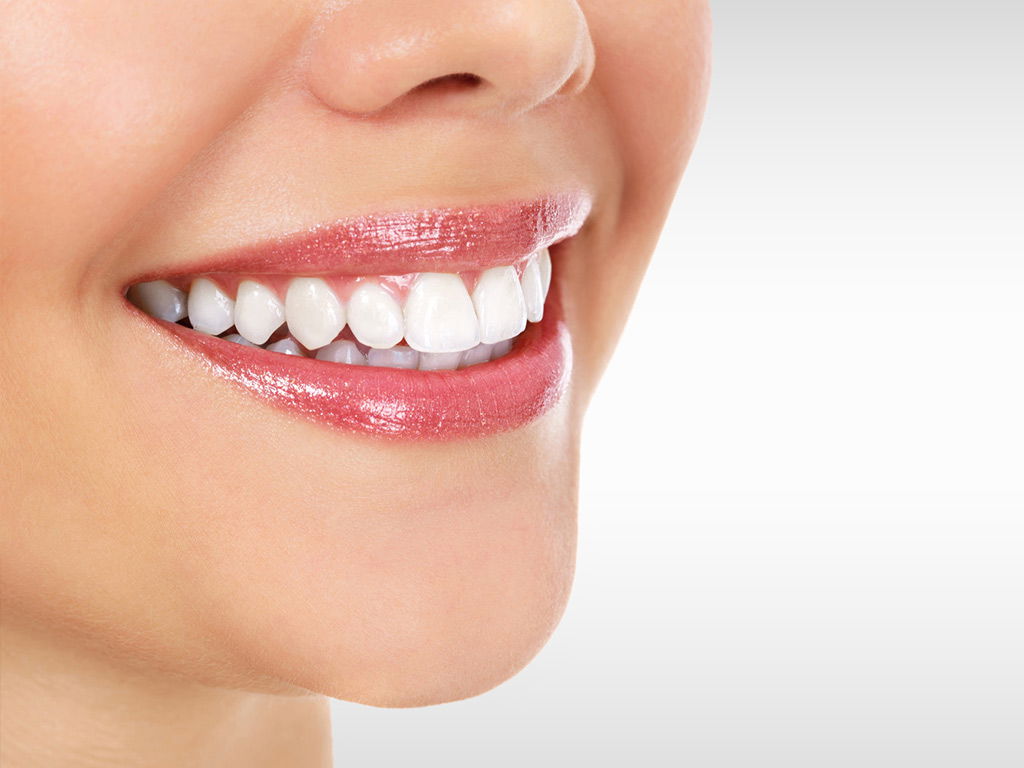What's The Difference Between A Bridge And Dentures?
If you're missing a couple of bridges and dentures in your mouth, as well as teeth, it's essential to know about the options available to get bridges and dentures fixed. A complete set of teeth are stunning and is of great value. They assist in chewing and chewing. It's a joint effort that is the most effective in the absence of gaps or teeth are missing. What options do you have for replacing missing teeth? What are a bridge and dentures?
How Can You Tell The Differences Between Dentures And Bridges?
The answer is straightforward. Dentures are (permanent) permanently fixed, and partial dentures are removable. Dental Bridges are solid and durable. They are inserted into the jaw bone to duplicate natural teeth. Are you able to learn more about their function?
Bridge:
Like what it sounds like, the dental bridge connects the tooth or fills in the gaps. It joins both ends of the tooth attached and produces a natural and functional look. The dentist will assess your teeth and then design an individual bridge reminiscent of the entire collection of teeth. They will be permanently attached to your mouth through crowns positioned over dental implants or your natural teeth designed to accommodate bridge crowns.
Partial Dentures:
Partially-dentures are prosthetics made to order that are placed over the top naturally-occurring teeth—small attachments made of steel aid in keeping the prosthetics secure while eating or speaking. Partially-dentures let patients enjoy a variety of food items without any worries; however, these aren't as safe as permanent versions or dental implants. It is possible to get used to them, but it could require some time. But, the majority of patients do not have any difficulty becoming comfortable with living without teeth.
Fixed Bridges:
Fixed bridges, also called the dental standard bridge or a partial dental bridge, isn't movable. Instead, it comprises crowns that are permanently connected to the teeth close to the jaw (the Abutment teeth). When you put the bridge, the teeth relative to it will have to be adjusted to accommodate crowns. Bridges are made from various materials, such as gold, alloys and porcelain. A majority of patients find that maintaining and cleaning their bridges is easy.
Dental Implants:
If your gums and jaw bone are healthy, a regular or emergency dentist might suggest implants. The crown is used to secure implants. If the gums or jaw aren't suitable for implants, Dental bridges could be a viable option since it's not placed into the jaw or gums. Instead, it sits on top of it. What are the main reasons why you'd want to have a replacement tooth?
- The remaining teeth may slide into the gap or even turn. This can appear unappealing and may cause functional problems.
- If your teeth don't move, it may be alarming to see the absence of teeth or a significant gap.
- In some instances, missing teeth could cause gum disease or temporomandibular joints (TMJ) problems.
Which One Is The Best One For You?
The dentist will assess the condition of your mouth and decide the kind of replacement tooth that they think will be the most suitable for your requirements. They'll look at factors such as the number of lost teeth and the health condition your teeth have before choosing the best treatment technique. A partial denture could be the best option for you.
- There are a variety of missing teeth at different places inside the teeth's arch
- Are you concerned about the cost of restorative dental treatments?
- The natural teeth of the species aren't strong enough to be sturdy sufficient to support the bridge's burden.
A bridge might be the most appropriate option in certain situations below:
- It is possible to lose some teeth in one region of your mouth.
- It's helpful to have a secure solution with a firm bite force
- The teeth at the bridge's abutment are sturdy enough to support the bridge.
- The new teeth you get should look as natural (a porcelain bridge looks like natural teeth)
Last Thoughts:
Alongside partially-dentures, Bridges can be a great option to replace teeth. The particulars of your situation determine the best choice for you.

